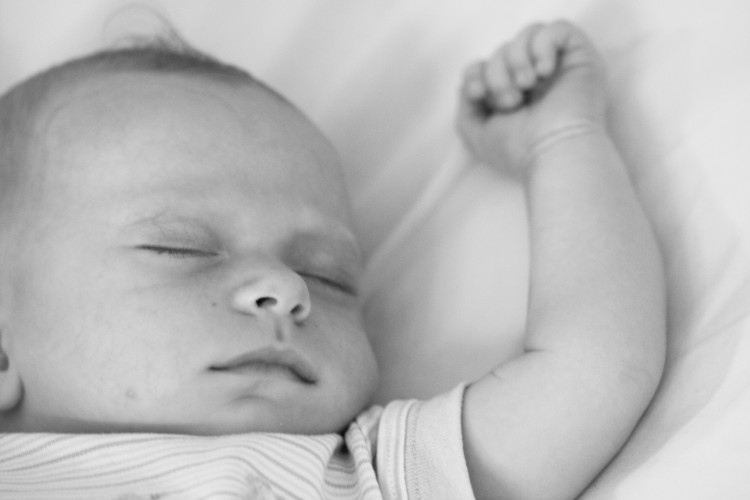
Nearly half of the children who died in Illinois last year were infants who suffocated while sleeping, according to the Department of Child and Family Services.
Members of the agency and advocacy groups said they are focusing on safe sleep campaigns in the coming year, but there is an absence of legislation in the General Assembly.
SIDS of Illinois has successfully lobbied for legislation in the past. Since January 2011, 96-1116 has required hospitals to provide free educational materials to new parents. HB2099, effective since January 2012, mandates licensed childcare providers complete safe sleep training every three years.
Last year, the group successfully lobbied for an ordinance in Chicago to ban crib bumpers, making it the first city to do so. The bumpers become a suffocation hazard when an infant rolls into them, according to the organization.
Nancy Maruyama, executive director of education and community outreach for SIDS of Illinois, said the organization does not approve of sharing a bed with an infant – a guideline the organization takes from the American Academy of Pediatrics.
The mother of three and registered nurse lost a child to sudden infant death syndrome.
Some, like Denise McCaffrey, director of prevention, awareness and education at Prevent Child Abuse Illinois, see preventing infant deaths as a community effort.
“I don’t always think you can legislate your way out of something; everybody plays a role,” said McCaffrey, who said she didn’t have a good response when asked about the lack of current legislation.
Grandmothers play a big role because new mothers often get parenting advice from their own mom, she said.
Parents choose to share their bed with an infant for several reasons. Cultural forces may be at play, attachment parenting is becoming increasingly popular and bed sharing makes for an easier transition through the night, said Tracy Moran, professor at the Erikson Institute, which specializes in early childhood development.
She pointed to a 2007 study showing that a minority of American families reported frequent co-sleeping, with 76 percent of around 600 surveyed occasionally co-sleeping. The term includes bed sharing, but can also mean sleeping in the same room.
Co-sleeping seems to be on the rise, said Moran, whose own study is being published this month in a publication by Zero to Three, a policy center that promotes healthy infants and families.
Aly Harling, new mom to a four-month-old, said she opposed bed sharing before having her son Camden, but changed her mind after he was born.
Harling’s doctor didn’t encourage or discourage the practice, she said. There are safety precautions people can take like careful positioning and communication with their partner, said Harling who feels safer with Camden in the room because he suffers from medical problems.
“It’s all in how you practice it. It’s not for everyone,” she said.
DCFS would argue that it’s not for anyone. The organization considers these accidental deaths abuse or neglect, spokesman Dave Clarkin said in a press release last month.
Most parents bed share because they love their baby so much, but the biggest danger for a child is to get in a position to re-breathe their own breath, said McCaffrey of Prevent Child Abuse Illinois.
“Parents who lose a child this way have suffered the deepest pain,” said Maruyama, “We don’t want to stigmatize anyone.”
“Bed sharing is like not using a car seat. Why would we take the chance?” she asked.
Related articles
 Is it OK to share a bed with your baby?(theglobeandmail.com)
Is it OK to share a bed with your baby?(theglobeandmail.com)













Be First to Comment